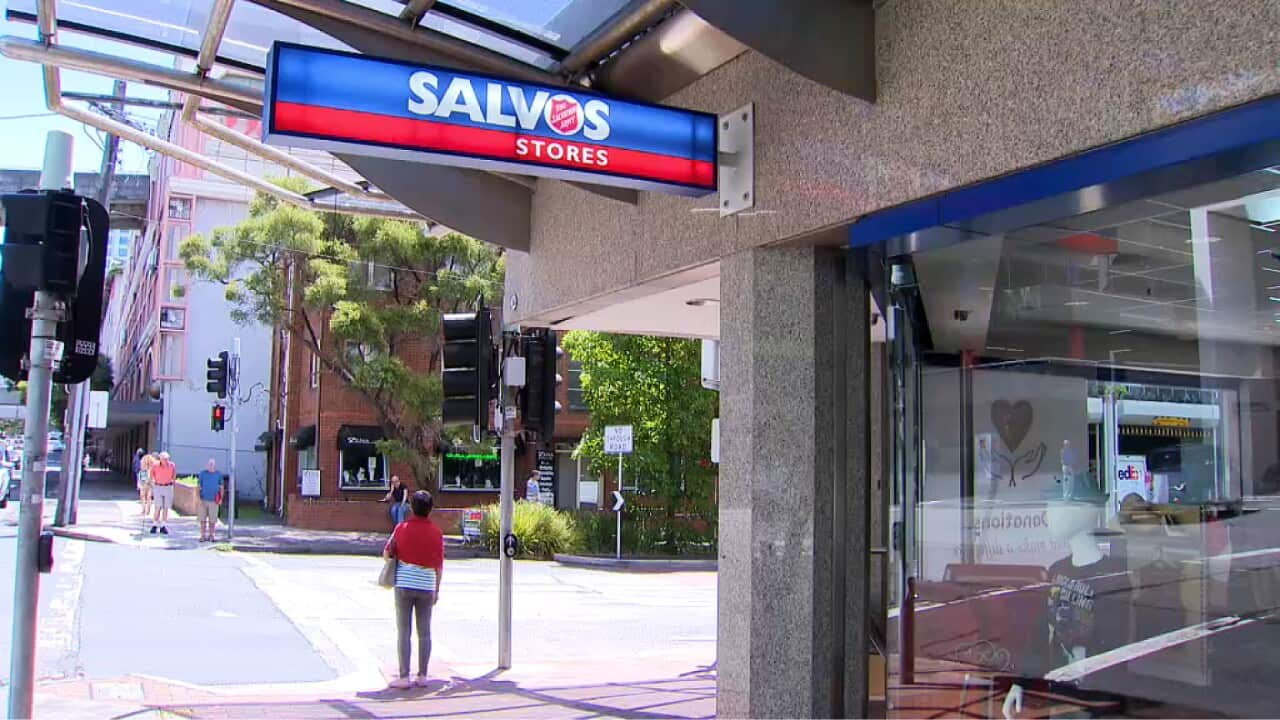E faitau afe tagata i Ausetalia nei o loo ola i se tulaga mativa ma le le tagolima ona o le maualuga o le tau o le soifuaga.
I se ripoti a le Salvation Army, o le lata i le 90% o tagata o loo tili atu mo fesoasoani, ua oo i se tulaga matua mativa lava ma ua le mafai ona lava le faasoa e faatau ma totogi ai mea e mana'omia mo le tausiga o le soifuaga i aso ta'itasi.
Na saunoa Major David Collinson, o ia ua 20 tausaga o galue i le Salvation Army ae o le faato'a va'ai lea i se tulaga faapenei i le mativa ma le le tagolima o tagata.
"This is the worst that we've seen it in the 20 years that I've been working for the Salvation Army. Obviously, costs have all gone up. Probably when I started 20 years ago, I think there wasn't even mobile phone bills and things like that so society has changed a lot. It's getting more and more complicated and things like Afterpay and all these different things that everyone can get access to really easily, doesn't help the situation. You can find money and get into debt easier than ever before, I think, so we have a great team, our money care team and financial counsellors are really helping with some long-term solutions to help those that are vulnerable get out of cyclic poverty."
Cyclic poverty - e pei o se li'o e le mafai ona motu le mativa. Na saunoa Major Collinson o le isi faafitauli tele o le maualuga o le tau o fale mau totogi poo rents.
"I met a gentleman the other day who's rent had gone up from $500 to $650. No warning on that so then he's had to go and drive an Uber or something to get a second income. Then there's stories of single mums that can't afford to put food in their kids lunch boxes which is really sad, they're embarrassed to send them to school. People that can't afford fuel in their car so they can't get their kids to school, so there's those sorts of stories that break your heart."
Ua molimauina fo'i e le Western Sydney Migrant Resource Centre le siitaga i tagata e tili atu mo fesoasoani.
E ofoina e le Resource Centre fesoasoani i le tau o mea'ai mo tagata sulufa'i ma tagata faato'a taunu'u mai e le'i mautu ni nofoaga e faamautu iai.
Na faaalia e Yordanos Dagne o le WSMRC, e iai nisi ua faailoa atu le le 'a'ai i nisi o aso ona ua le lava le faasoa mo se faatau.
"We have noticed a significant increase in the last 12 months, especially since January of this year we have significant number of people coming to our service requesting financial support. They said they can't afford to eat three meals a day at the moment because of the rise in the cost of living, including food, grocery items, petrol."
O loo finau Iuni a tagata faigaluega i se siitaga e 7 pasene mo totogi aupito maualalo le minimum wage i Ausetalia.
Na saunoa le failautusi aoao o le faamalu o Iuni a tagata faigaluega, le ACTU [[Australian Council of Trade Unions]], Sally McManus, o le siitaga e manuia ai fo'i pisinisi.
"An average of 3.5 per cent is what the employers are asking for which means that someone on the minimum wage would go backwards in real terms by around $1500 a year. So that amount of money, I think, is really shortsighted from business because if people have less buying power that's less money to spend in their businesses. So, if you've hurt the people economically at the bottom obviously it's going to affect businesses as well."
(That story by Greg Dyett and Biwa Kwan for SBS News, produced and presented by Ioane Lafoa'i).
Share

